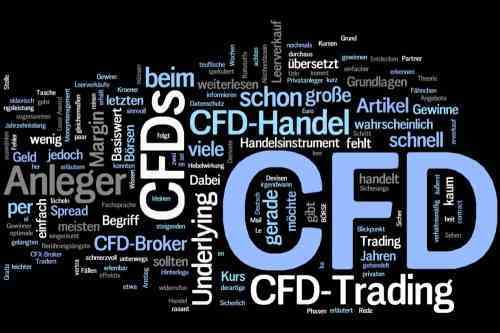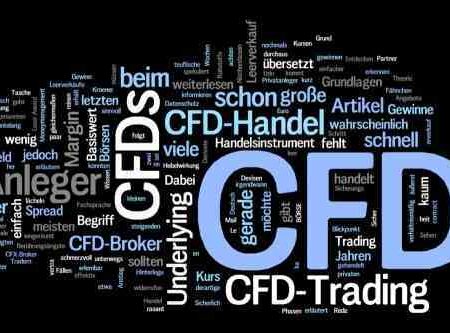
One of the chief decisions that any broker needs to consider is the selection of a CFD broker. Indeed, it may be a far-fetched thought from the final, but the decision that traders take in the initial stage of their career in trading is a significant move.
Moreover, due to the fresh blast of the total quantity of CFD brokers that have emerged in the market, it is necessary to differentiate various options on some of the principal criteria. Their task might be a little too difficult especially if they are dealing with cryptocurrency CFDs, and one has to be knowledgeable on this particular aspect of cryptocurrency.
This article discusses the nature of CFD brokers and also the ways and tips on how CFD brokers earn money.
What is a CFD Broker?
CFD or also known as Contract for Difference refers to a consensus enclosed by the buyer and the seller in exchanging the distinction amidst the primary profit of an asset. A CFD broker serves as a mediator between the buyer and the seller.
Contract for Difference or a CFD is a fiscal derivative that permits the traders to speculate on the movements of the price specifically on the underlying instruments on the financial aspect. Brokers, then, exchange them over-the-counter (OTC) as a provider of CFD.
How to Make Money as a CFD Broker
The number of CFD brokers has increased tremendously in the past years. Serving as an entryway for traders and the market, CFD brokers were assembled to competently produce money from both parties, traders and markets, in different ways.
In contrast to the belief of the trading circle, CFD brokers were assembled to truly embolden their clients to flourish. So the question is, how do CFD brokers exactly earn money in cryptocurrencies?
- Spreads
A translucent method where CFD brokers can produce money is by the use of spreads echoed on every market. It is an effective way of earning money in a process that’s effectively built in the genetics of the CFD enterprise.
The spread serves as a straightforward ante due to the dealer. This works through the creation of a space among the definite price in the market.
- Commission or Dividend
In similar lines, brokers might also request a commission which serves as a percent on the number of deals. This is a direct method for the broker to be able to earn money in a trade. However, it works depending on the leading market. Auspiciously, the remarkably competing character of CFDs market has implied that a lot of dealers wave the commissions and gash the spreads in a competition to lure customers and investors. In conclusion, the reliance on substitute income springs from the CFD brokers has even more developed.
- Financing
The expenditure of interests was heightened by dealers, permitting them to manage the expense of organizing finance for the clients. Finance plays a compelling part in letting the dealer put up with prominent positions. This makes CFD a popular and attractive tool that they are now.
- Hedging
Hedging is a method that helps in earning cryptocurrency that CFD brokers mostly overlooked.
It is primarily designed as a way of alleviating forfeiture. Nevertheless, it also has the ability to justify a rewarding approach for the dealers if done properly.
Hedging refers to the practice of pairing liabilities to complementary or contrasting positions in various markets. For instance, if the trader leads, he has the power to offset liabilities on that particular trade. Although this may seem like a difficult method or approach to execute, using different hedging strategies can surely assist brokers financially.
Final Thoughts
CFD brokers have countless methods of earning money. Still, they keep finding original methods to drive revenue.





![Binance Review: How the Crypto Exchange Works [2024]](https://www.feedroll.com/wp-content/uploads/2024/03/binance-trading-100x100.png)



